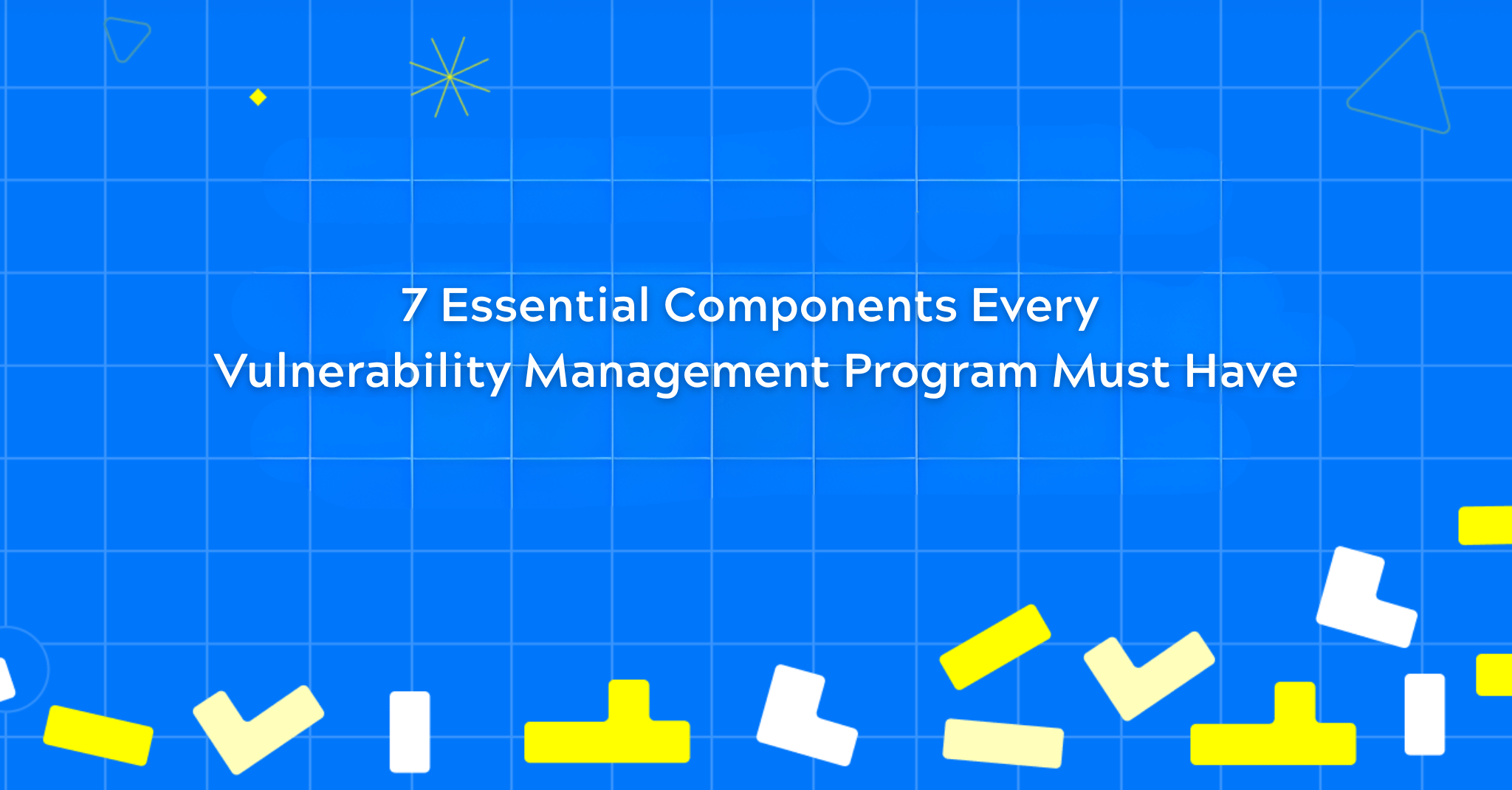2023's Most Easily Exploitable, Critical CVEs

CVE-2023–4863 – Heap-Based Buffer Overflow in WebP
Description: A critical CVE that allows remote attackers to trigger a heap buffer overflow during WebP image decoding.
Affected versions: All versions of the WebP Codec library (libwebp) from 0.5.0 to 1.3.2 are affected.
Severity: Critical
Type: Heap Buffer Overflow
Impact: Denial-of-Service (potentially can lead to RCE)
PoC: Yes
Exploit in the wild: Yes
CISA catalog: Yes
Remediation action: Update libwebp version to 1.3.2 or later
MITRE advisory: Read Here
Affected 3rd party products: 1Password, Brave, Chrome, Edge, Electron, Firefox, Honeyview, Obsidian, Opera, Signal, Telegram, Thunderbird, Tor Browser, Vivaldi
CVE-2023-5217: Heap-Based Buffer Overflow in libvpx
Description: CVE-2023-5217 is a significant cybersecurity vulnerability affecting the libvpx video codec library, utilized by various web browsers, including Chrome, Firefox, and Firefox Focus for Android. This CVE, identified as a heap-based buffer overflow, allows potential attackers to remotely execute arbitrary code via crafted web content, posing a high risk to users and necessitating prompt security updates.
Affected versions: All libvpx Codec library versions before 1.13.1 are affected.
Product category: Third-Party Software
Severity: High
Type: Heap Buffer Overflow
Impact: Remote Code Execution (RCE)
PoC: Yes
Exploit in the wild: Yes
CISA catalog: Yes
Remediation action: Update libvpx version to 1.13.1 or later
MITRE advisory: Read Here
Affected 3rd party products: Chrome, Firefox
CVE-2023-38545 - High-Severity Vulnerability in cUrl and libcurl
Description: A heap overflow CVE that can be exploited for remote code execution (RCE). It occurs during the SOCKS5 proxy handshake when an excessively long, attacker-controlled hostname is copied into a small local heap-based buffer.
Affected versions: cUrl and libcurl from 7.69.0 up to and including 8.3.0.
Severity: High
Type: Heap-based buffer overflow
Impact: Memory Corruption, DoS, RCE
PoC: Yes
Exploit in the wild: Potential
CISA catalog: No
Remediation action: Update libcurl version to 8.4.0 or later
MITRE advisory: Read here
CVE-2023-38408 - OpenSSH RCE
Description: A critical remote code execution CVE in OpenSSH's forwarded ssh-agent, allowing potential attackers to execute arbitrary commands on the affected system.
Affected versions: All versions of OpenSSH prior to 9.3p2
Severity: Critical
Type: Heap-based buffer overflow
Impact: Remote Code Execution (RCE)
PoC: Yes
Exploit in the wild: NO
CISA catalog: Yes
Remediation action: Update OpenSSH version to 9.3p2 or later
MITRE advisory: Read Here
CVE-2023-27524: Authentication Bypass in Apache Superset
Description: A critical CVE resulting from an insecure default configuration, potentially enabling unauthorized access and remote code execution.
Affected versions: Apache Superset, versions up to and including 2.0.1
Severity: Critical
Type: Insecure default configuration
Impact: Remote Code Execution (RCE)
PoC: Yes
Exploit in the wild: No
CISA catalog: No
Remediation action: Update Apache Superset version to 2.1.0 or later. Additionally, review system configurations to ensure security and change the SECRET_KEY to a cryptographically secure random string.
MITRE advisory: Read here
What's Next?
The blog has unveiled five remediable yet potentially exploited CVEs of 2023. To safeguard your code and cloud infra effectively, it's crucial to address these vulnerabilities promptly.
DevOcean, a Gartner Cool Vendor™, offers a Cloud-First Remediation OS that eliminates the manual efforts traditionally associated with tackling CVEs. It's akin to having a 24/7 automated remediation advisor for each of your development and security teams.
Request a Demo today and see how DevOcean consolidates and prioritizes findings, identifies root causes, and recommends efficient remediation paths across cloud and code.
The true cost of poor security remediation.
Goes beyond wasted resources, overspent budgets, and missed SLAs.
Stay ahead of breaches - get started with DevOcean.
.png)

%20Breach.png)

.png)
